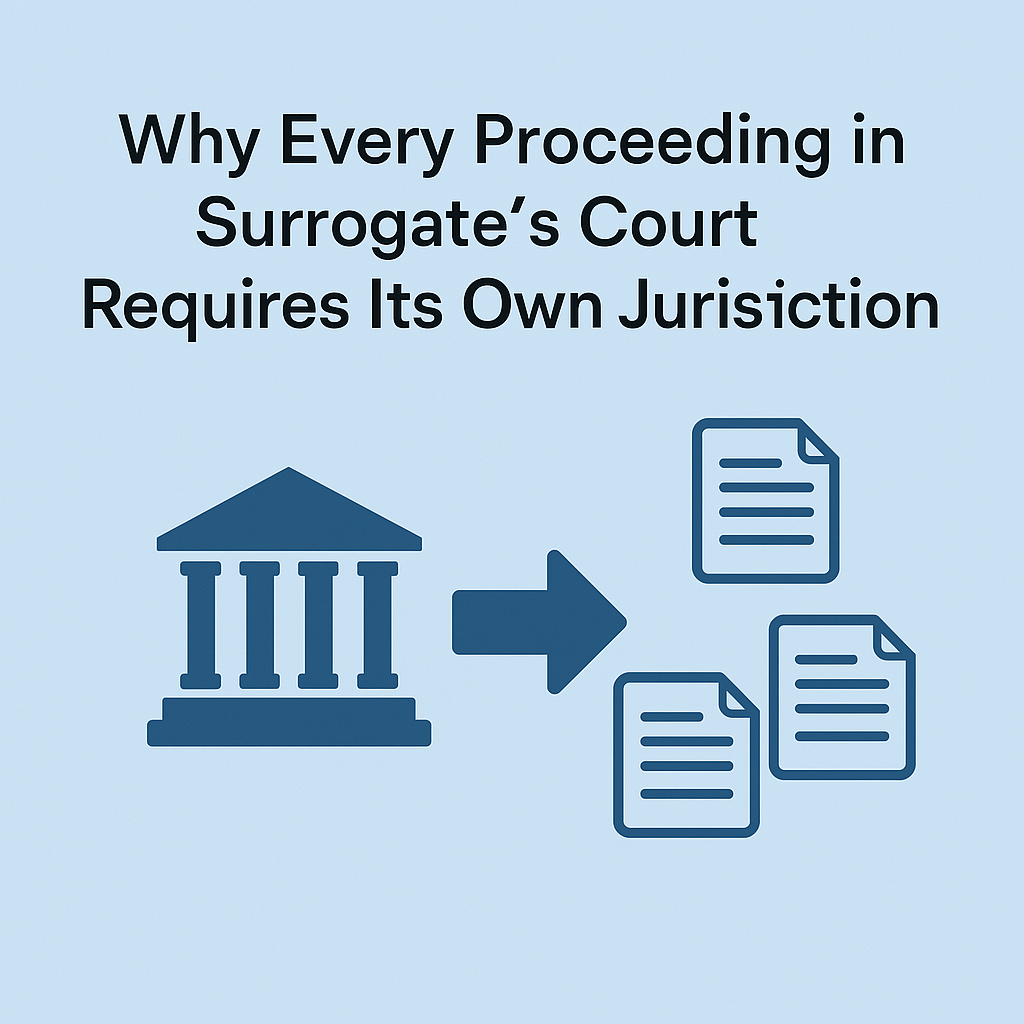In New York’s estate law, EPTL 3-3.5 governs conditions that impact the distribution of assets under a will. This provision outlines when a testator’s directives remain effective, including clauses that disqualify a beneficiary from receiving property if they contest the will. Known commonly as “no-contest” or in terrorem clauses, these provisions are designed to prevent disputes over the validity of a will. However, EPTL 3-3.5 also provides important exceptions to balance a testator’s intent with a beneficiary’s rights.
Text
§ 3-3.5 Conditions qualifying dispositions; conditions against contest; limitations thereon
(a) A condition qualifying a disposition of property is operative despite the failure of the testator to provide for an alternative gift to take effect upon the breach or non-occurrence of such condition.
(b) A condition, designed to prevent a disposition from taking effect in case the will is contested by the beneficiary, is operative despite the presence or absence of probable cause for such contest, subject to the following:
(1) Such a condition is not breached by a contest to establish that the will is a forgery or that it was revoked by a later will, provided that such contest is based on probable cause.
(2) An infant or incompetent may affirmatively oppose the probate of a will without forfeiting any benefit thereunder.
(3) The following conduct, singly or in the aggregate, shall not result in the forfeiture of any benefit under the will:
(A) The assertion of an objection to the jurisdiction of the court in which the will was offered for probate.
(B) The disclosure to any of the parties or to the court of any information relating to any document offered for probate as a last will, or relevant to the probate proceeding.
(C) A refusal or failure to join in a petition for the probate of a document as a last will, or to execute a consent to, or waiver of notice of a probate proceeding.
(D) The preliminary examination, under SCPA 1404, of a proponent's witnesses, the person who prepared the will, the nominated executors and the proponents in a probate proceeding and, upon application to the court based upon special circumstances, any person whose examination the court determines may provide information with respect to the validity of the will that is of substantial importance or relevance to a decision to file objections to the will.
(E) The institution of, or the joining or acquiescence in a proceeding for the construction of a will or any provision thereof.
Notes
The notes below discuss the following:
- Gift Over Not Needed - EPTL 3-3.5(a)
- Safe Harbor: Construction Proceeding - EPTL 3-3.5(b)(3)(5)
🔑 This post is for paying subscribers only
Sign up now and upgrade your account to read the post and get access to all premium content that is only for paying subscribers.
🔑 This post is for subscribers only
Sign up now to read the post. To get access to the full library of premium content, you must be a paying subscriber.
Already have an account ? Sign in
Hani Sarji
New York lawyer who cares about people, is fascinated by technology, and is writing his next book, Estate of Confusion: New York.





Related News
EPTL 7-1.12: Supplemental Needs Trusts in New York
Feb 27, 2025
IRC § 678: When a Non-Grantor Is Treated as the Trust Owner
Feb 23, 2025
IRC § 672: Definitions and Rules
Feb 23, 2025